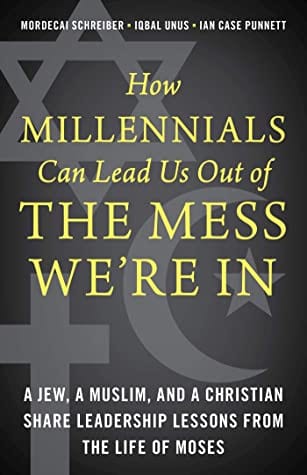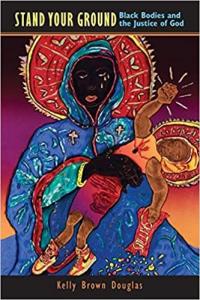In Enfleshing Freedom: Body, Race, and Being, M. Shawn Copeland has a hard-hitting, critical word relevant to our current situation:

In theology, the body is a contested site–ambiguous and sacred, wounded and creative, malleable and resistant–disclosing and mediating “more”…
Even in its battered economic state, the United States continues to cling to hegemonic power–exercising preeminence in nuclear power, asserting its will in global policies, influencing global culture and cultural products, advancing putatively humanitarian initiatives. Yet, even as its breathtaking self-designation as the world’s sole superpower faces confrontation from Brazil, China, and India, the global reach of the United States transgresses spatial and temporal limits, national and territorial boundaries. A pax Americana shades peace for war. The United States attempts to manage and regulate the relations and interactions of bodies at every socio-economic level…and recreate the very world it inhabits.
Given the location and conditions of bodies in empire, the virulent global persistence of racism, xenophobic reactions to “illegal” or undocumented anti-bodies within the body of empire, the bodies maimed and slaughtered in wars mounted by clients of empire, the bodies done to death by AIDS and hunger and abuse, and, above all, that body broken and resurrected for us, theological anthropology can never cease speaking of bodies. In memory of his body, in memory of the victims, in the service of life and love, theological anthropology must protest any imperial word (anti-Logos) that dismisses his body and seeks the desecration of human bodies (57).











